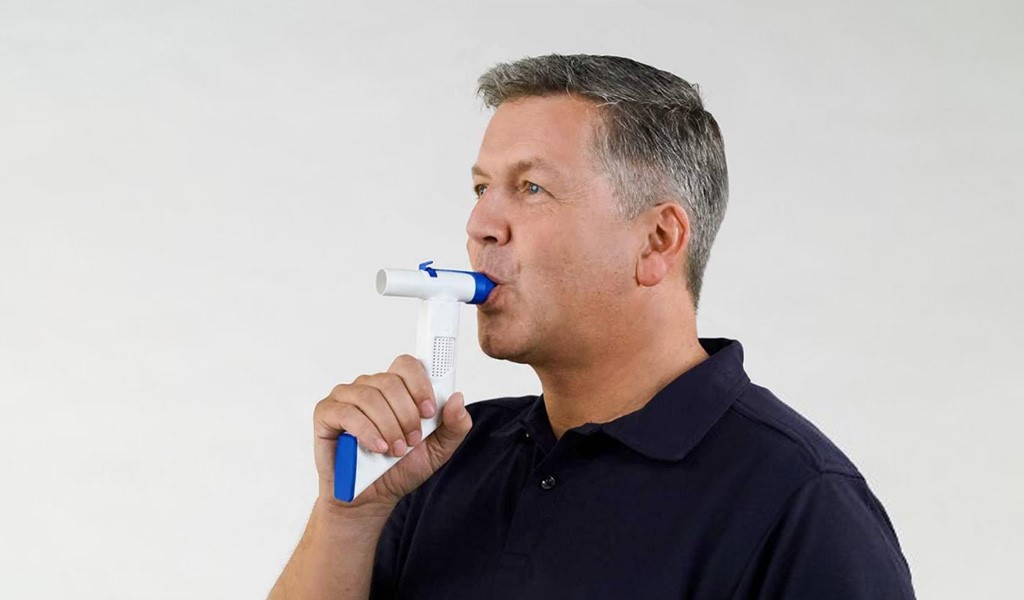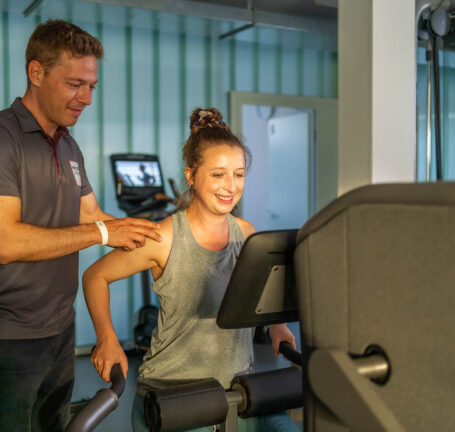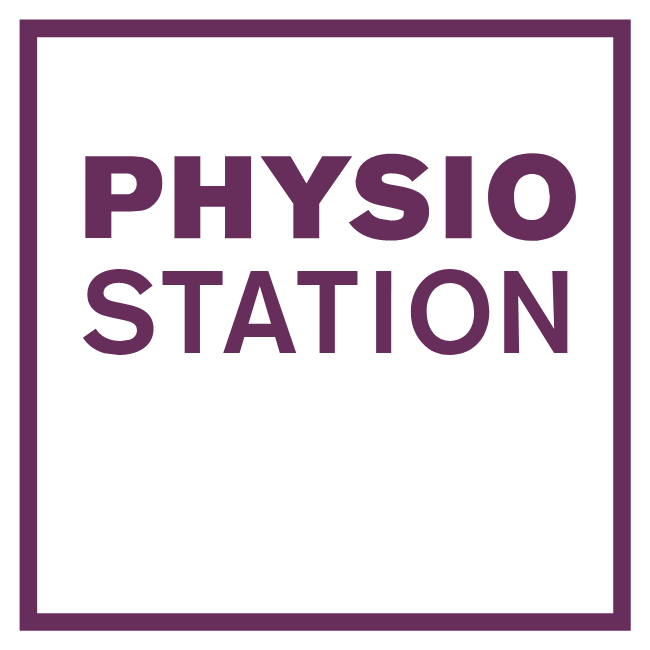Physio Station Affoltern
- Jonas-Furrer-Strasse 21, 8046 Zurich-Affoltern
- 043 322 30 40
Physio Station Albisrieden
- Badenerstrasse 296, 8004 Zurich
- 043 243 43 50
Physio Station Dietikon
- Löwenstrasse 15, 8953 Dietikon
- 043 233 04 04
Physio Station Schlieren
- Bahnhofstrasse 6, 8952 Schlieren
- 044 730 10 00








